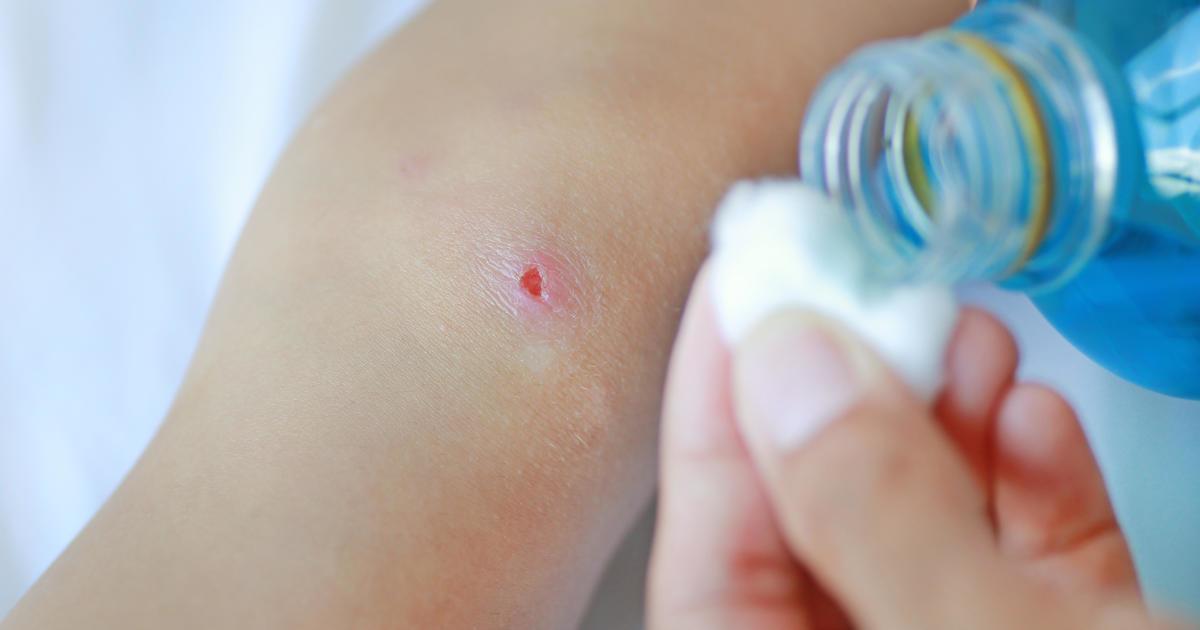Health Benefits Of Myrrh
Antiseptic For Wounds

By using myrrh as an antiseptic for wounds like minor scratches and injuries, patients can reduce the chances of infection. Myrrh also works as an astringent to help strengthen the body’s cells, making it an even more useful treatment for wounds.
With the power to boost white blood cell function, myrrh can hasten the healing process for small wounds. Before using myrrh as an antiseptic for wounds, patients should contact their doctor to learn more about the potential side effects, because while myrrh is generally safe, there are some minor risks to consider before using it for the first time.
Keep reading for more details on the health benefits of myrrh.
Moisturize The Skin

Applying myrrh directly to the skin is a great way to promote skin rejuvenation and good complexion. Myrrh’s antioxidants give it noticeable anti-aging properties and using it may help rejuvenate and moisturize the skin. Many individuals use myrrh to create homemade skin care products, like lotions and creams. It’s important to always use myrrh (and other essential oils) with a carrier substance to reduce the risk of allergic reactions or irritation. When using essential oils on the skin directly, a carrier oil like coconut, almond, or jojoba helps them absorbed transdermally without additional side effects.
Uncover the next health benefit of myrrh now.
